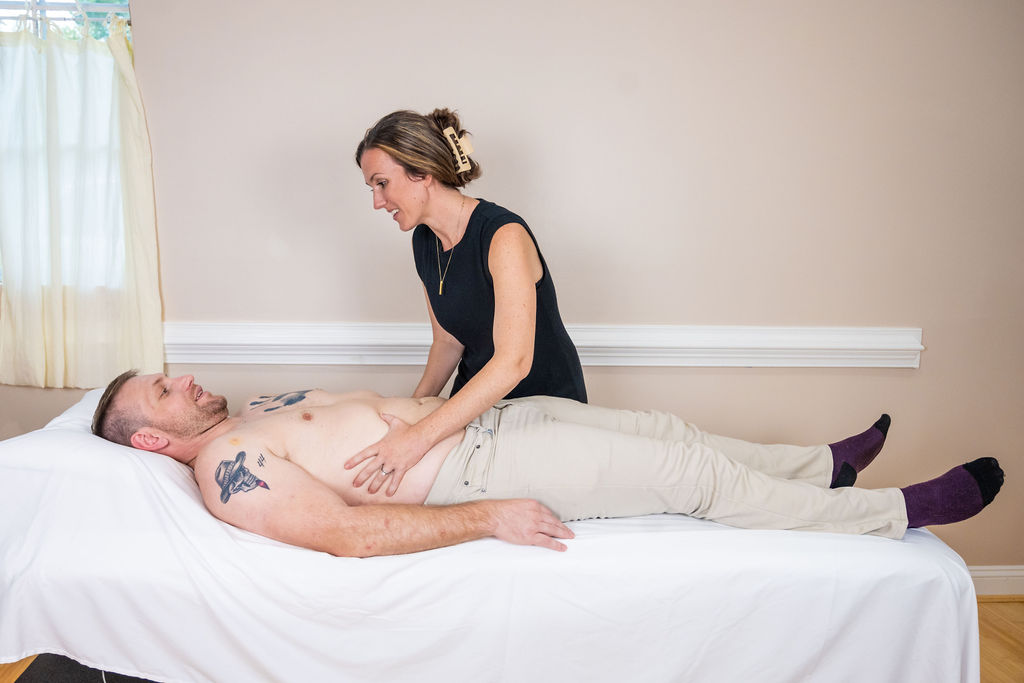At Break Free Pelvic Health & Wellness, we believe it’s never too early—or too late—to start talking about pelvic health. This April, in honor of Testicular Cancer Awareness Month, we’re shining a light on an issue that’s often overlooked: pelvic pain in boys and men.
While testicular cancer is most commonly diagnosed in young men between the ages of 15 and 35, many don’t realize that pelvic pain, discomfort, or changes “down there” can begin even earlier—and they deserve attention. Whether it’s a young boy complaining of groin or abdominal pain, a teen experiencing discomfort during activity, or an adult struggling with persistent testicular or pelvic symptoms, it’s important not to ignore these signs.
Pelvic pain is more common than you might think, and at our Johns Island office, we frequently work with men experiencing symptoms such as:
- Testicular or groin pain that comes and goes
- Pain during or after ejaculation
- A sense of heaviness or tightness in the pelvic floor
- Urinary urgency or frequency
- Pain with sitting, exercise, or certain movements
These symptoms can stem from a variety of sources—pelvic floor dysfunction, nerve irritation, muscle imbalance, or even past injuries or trauma. And in some cases, persistent discomfort may be the first sign of something more serious, like infection or testicular cancer.
At Break Free, we work closely with patients and their providers to assess the root cause of testicular and pelvic pain when more serious issues of infection or cancer are ruled out. The pelvic floor and abdominal muscles are a common cause of testicular and pelvic pain in boys and men. Many do not seek pelvic floor physical therapy after more serious causes for pain are ruled out and many providers do not realize that we specialize in pelvic health for men and boys as well. Our goal is to normalize seeking pelvic floor physical therapy for men and boys experiencing pain and distressing symptoms.
What You Can Do This April
- Have the conversation. Talk to the boys and men in your life about pelvic health and encourage them to do regular testicular self-exams.
- Know the signs. Pelvic pain isn’t “just growing pains” or “just stress.” If pain persists or worsens, it’s worth getting checked out.
- Seek support. Pelvic health therapy can be a powerful, non-invasive tool for managing symptoms and improving quality of life.
We’re here to help. If you or someone you love is experiencing testicular or pelvic pain, call us at 843-471-0351 to schedule a private consultation with our experienced team. We offer a safe, judgment-free space on Johns Island where healing begins with understanding.
